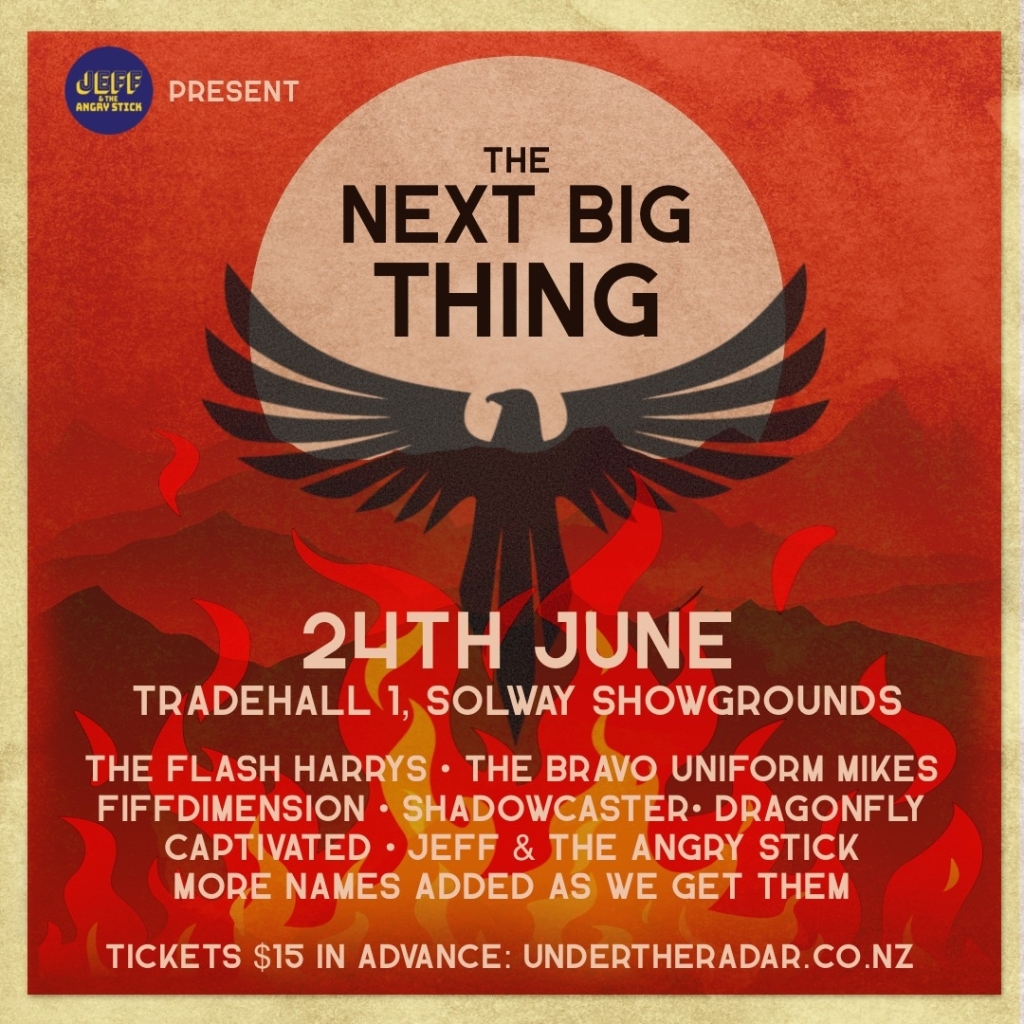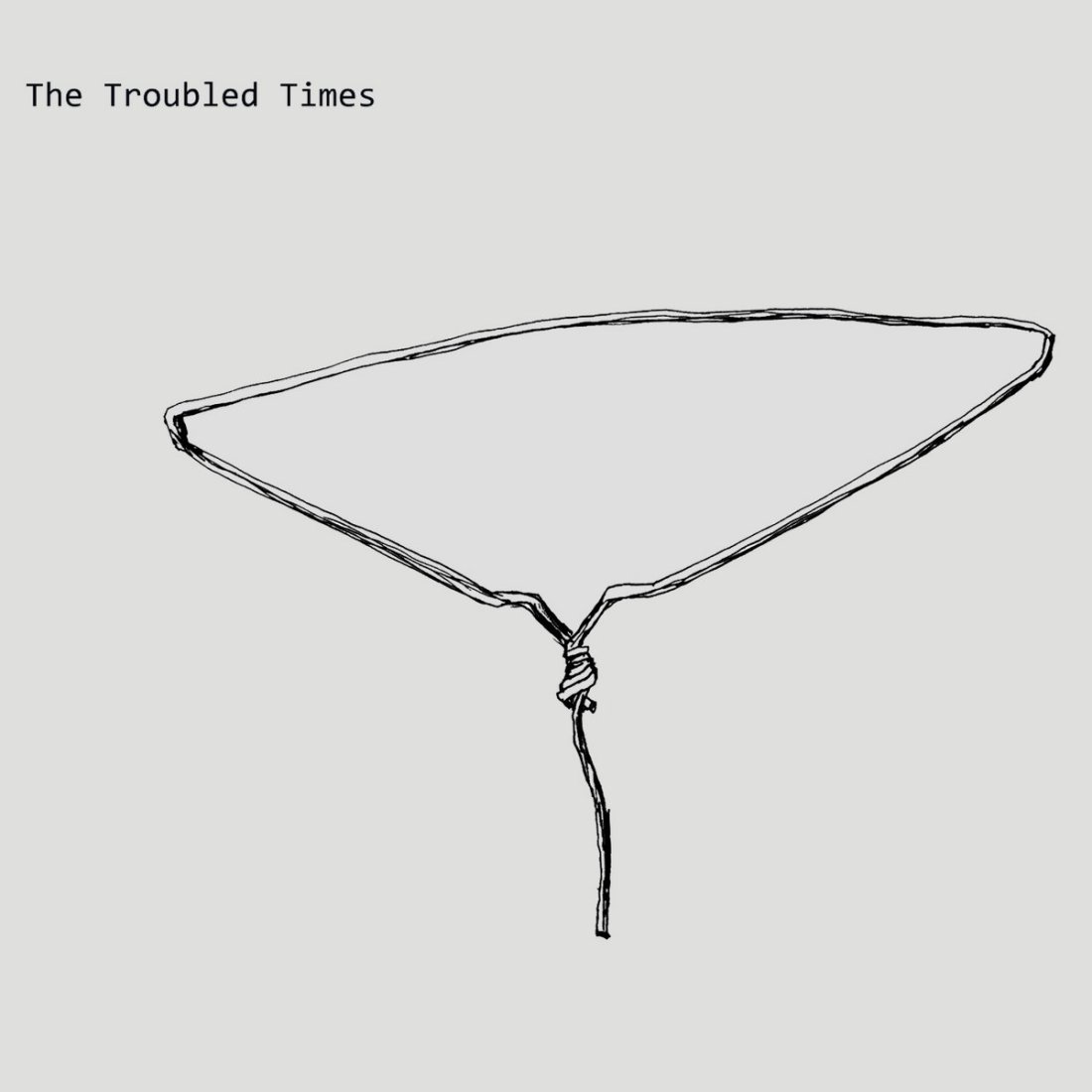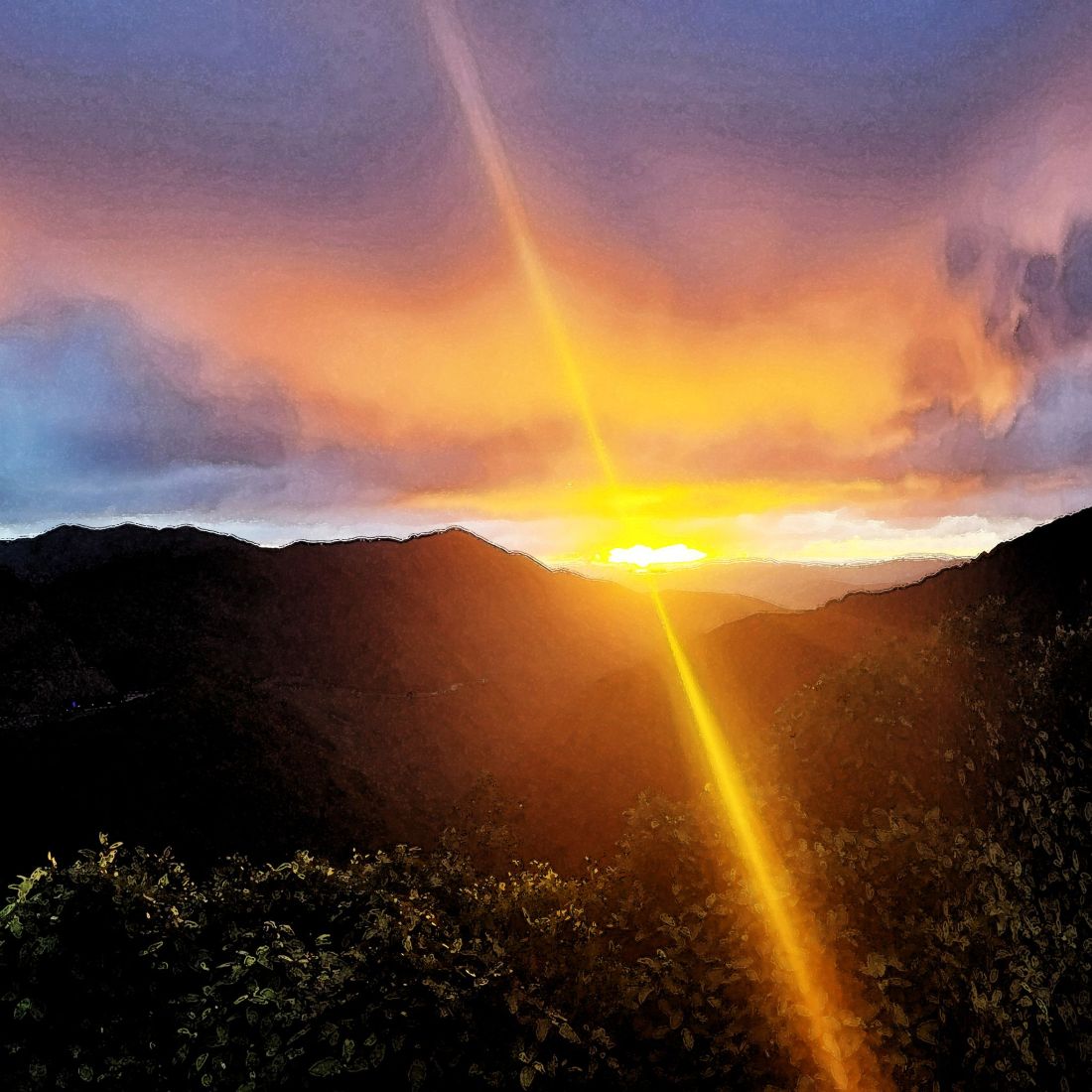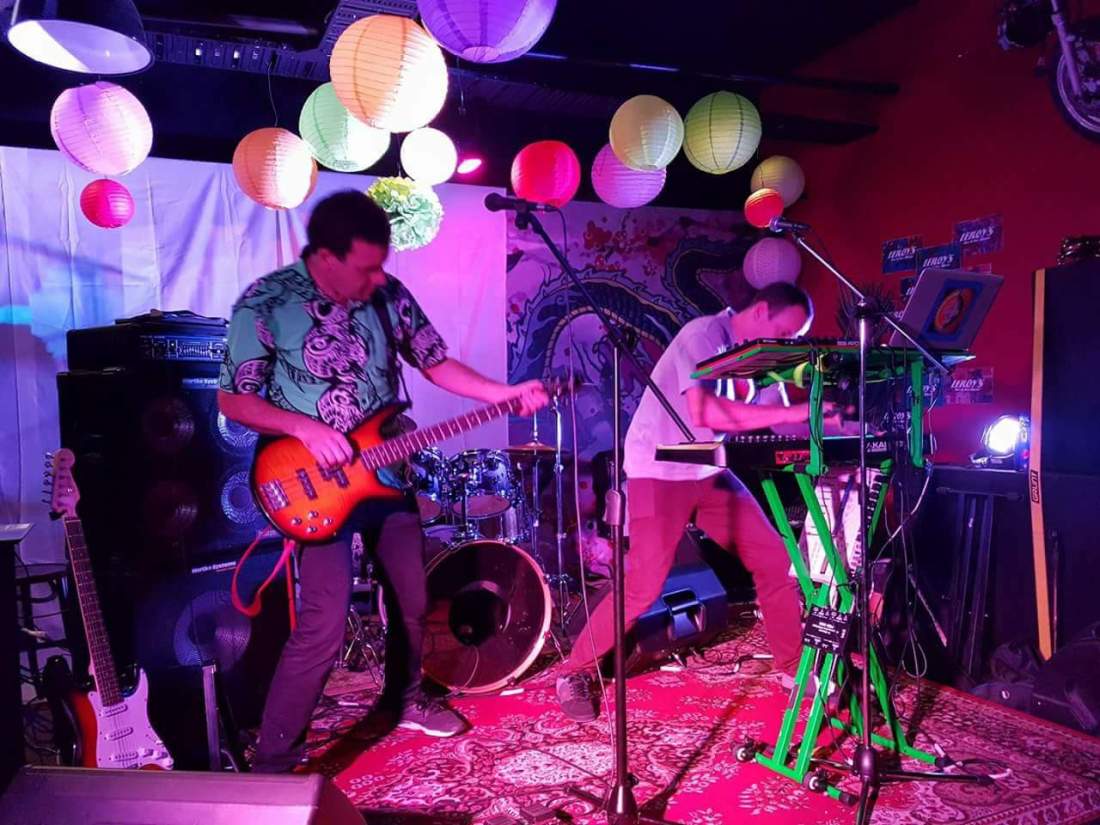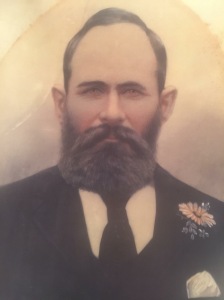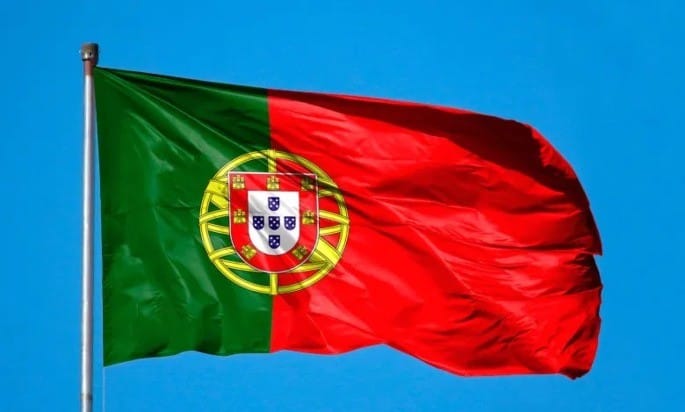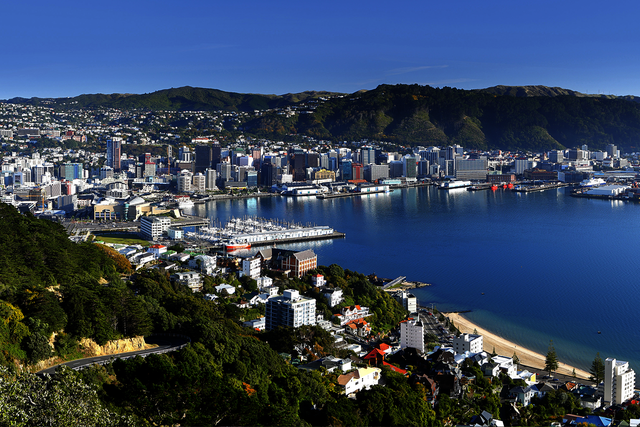
Solo improvisations for electric guitar, bass and electric drums – using single-take overdubs to create a virtual trio.
By Dave Edwards– early 2024, summertime in NZ – start of the fiffdimension 2nd quarter-century.
Tracks 1-3 and 12 recorded early January 2024 – the rest recorded 6th February 2024, in Featherston, Aotearoa / New Zealand
These are the first new recordings made since the 25-year-spanning 2CD compilation
The title ‘Quietism‘ refers not so much to the sound, but to the absence of vocals – or any reference to current news or politics. Part of the fiffdimension aesthetic is a certain wilful irrelevance, and ignoring of trends.
The last track ‘Hypnopompia’ (waking up) experiments with a possible new ambient style.
Continue reading “Quietism (2024)”

